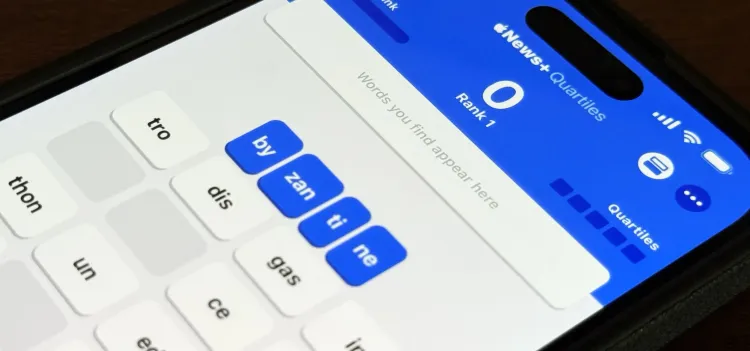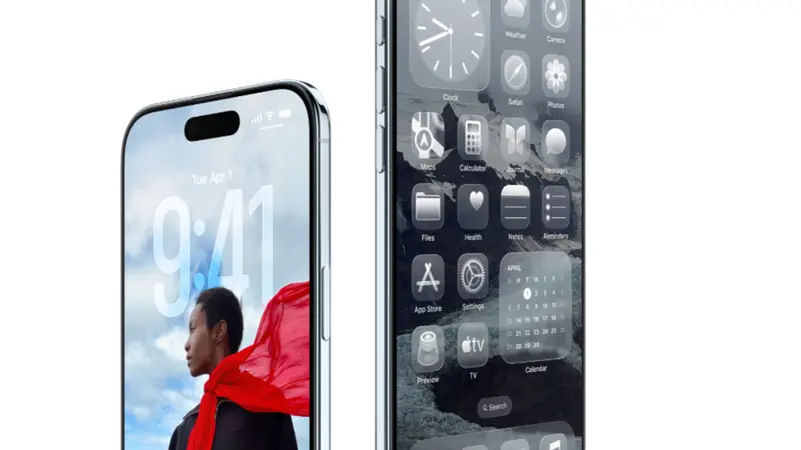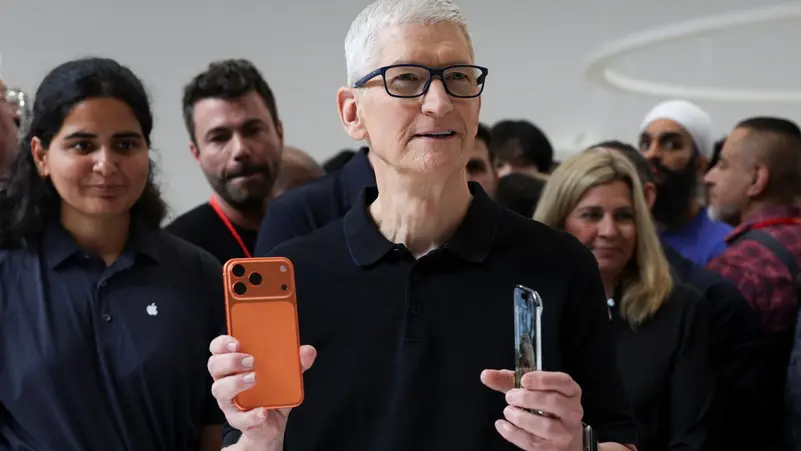Should you be afraid of the new WhatsApp updates? Here’s the whole truth!
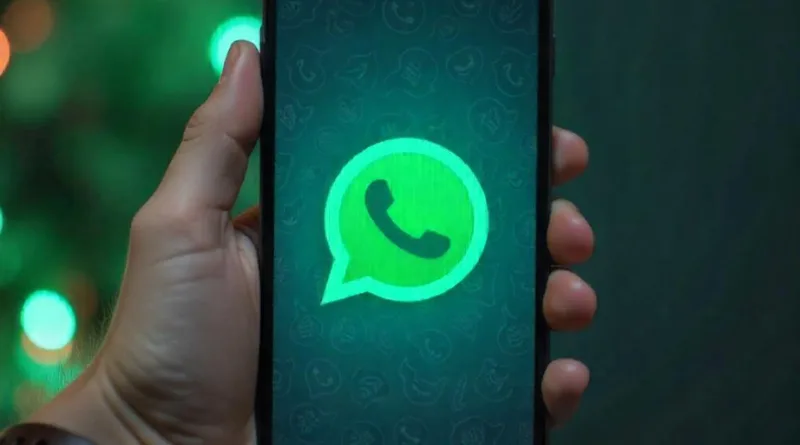
Since its inception, WhatsApp has become an integral part of our lives. It’s no longer just a means of sending text messages; it has evolved into a powerful platform that enhances personal and professional communication. This free app allows for the easy exchange of photos, videos, and files, making our digital lives more interconnected.
With all these developments, WhatsApp’s recent updates have raised serious privacy concerns. In an era of increasing fraudulent attacks and data theft, privacy issues have become pivotal. Therefore, it’s essential to understand these concerns and how they impact us. In the following paragraphs, we’ll delve deeper into this issue and explore its various dimensions.
What concerns have emerged after the new WhatsApp updates?
There are many concerns surrounding WhatsApp updates, ranging from privacy, security, and user experience. Here are the most prominent:
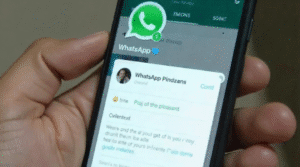
Privacy and data sharing concerns:
· Privacy policy changes in 2021: This update was one of the most controversial. In 2021, WhatsApp announced an update to its policy stating that it would collect and share user identification data with its parent company, Facebook, and its affiliates. Although WhatsApp later clarified that this did not apply to private messages between individuals, which remain end-to-end encrypted, concerns remain about the collected metadata and how it might be used for advertising or other purposes.
· Metadata collection: Even with end-to-end encryption for messages, WhatsApp still collects metadata such as contact information, usage information, and profile information, which can be shared with Meta.
· Address book sharing: Previously, there were concerns about WhatsApp requiring users to upload their entire phone address book, including unused WhatsApp contacts, to its servers.
Security Concerns and Vulnerabilities:
Security Vulnerabilities: As with any software, security vulnerabilities may emerge in WhatsApp from time to time. For example, in March 2025, a critical vulnerability was disclosed that allowed attackers to execute malware via specially crafted video files. This underscores the importance of regularly updating WhatsApp to ensure you have the latest security patches.
Phishing and Scam Attacks: WhatsApp, being a popular platform, is a target for numerous scams, such as phishing messages or fake lottery messages aimed at stealing sensitive information. These risks persist regardless of updates, but users should remain vigilant.
Feature and User Experience Concerns:
· Ads: WhatsApp recently announced plans to display ads in the “Updates” tab within the app. This has upset many users who are accustomed to an ad-free experience.
· Meta AI: Meta AI has been integrated into WhatsApp (and other Meta apps) in some regions, sparking controversy due to its permanent presence in the user interface and difficulty turning it off. Some users find this feature unnecessary or annoying.
· Performance Issues and Bugs: Updates can sometimes cause performance issues, such as freezing, contacts not syncing, or the inability to load media. These issues are usually resolved with subsequent updates.
User Data Usage:
· Storage Space Consumption: WhatsApp updates, along with daily app usage such as media and chats, can consume significant storage space on the device. WhatsApp provides tools for managing storage space, but users should monitor this.
· Backup WhatsApp Chats: WhatsApp chats are typically backed up to Google Drive or iCloud. While this is useful for restoring conversations, it raises concerns about user data being stored on external servers.
Tips to Protect Yourself from WhatsApp Update Concerns
Here are some important tips you should follow while using WhatsApp to achieve the highest possible security standards:
· Update WhatsApp regularly to get the latest security improvements and bug fixes.
· Regularly check your WhatsApp privacy settings and customize them to your preferences, such as who can see your last seen, your profile picture, and who can add you to groups.
· Beware of suspicious links or messages from unknown contacts to avoid phishing attacks.
· Try to understand the privacy policy. Despite its length and complexity, reading and understanding the WhatsApp privacy policy can help you understand how your data is handled.
Popular Alternatives to WhatsApp
If you’re still concerned about WhatsApp updates, here are some apps that might be good alternatives:
Signal:
This is the first and best option for those concerned about privacy and security.
Pros:
· End-to-end encryption by default: All messages, voice calls, and video calls are encrypted by default using the Signal protocol, the same protocol used by WhatsApp itself, but Signal doesn’t collect metadata.
· Open source: Anyone can review the app’s code, increasing transparency and trust.
· No metadata collection: Focuses on privacy and doesn’t store message or call data.
· Additional security features: Self-destructing messages, screen lock, screenshot blocking, and spam call filtering.
· Ad-free: The app is completely free and supported by a non-profit organization.
Cons:
Its user base is smaller than WhatsApp’s, meaning you may not find all your contacts on it.
Telegram:
It’s known for its rich features and speed.
Pros:
· Strong cross-device sync: Access your conversations from any device.
· Large channels and groups: Supports groups of up to 200,000 members, and public or private channels for an unlimited number of subscribers.
· Secret chats: Offers end-to-end encryption, self-destructing messages, and a screen capture blocker.
· Additional features: Send large files (up to 2GB), bots, animated stickers, and edit messages after sending.
Cons:
End-to-end encryption is not default for all chats; it must be manually enabled in secret chats. Less explicit privacy policy than Signal.
Threema:
Focuses heavily on anonymity.
Pros:
· Maximum privacy: No phone number or email address required for registration, and each user is given a unique ID key.
· End-to-end encryption: For all communications, including messages, calls, and files.
· Open source: App code is available for review.
· No data collection: Follows a “minimal data collection” policy.
Cons:
Paid, not free, with a much smaller user base.
Wire:
Offers high security with powerful collaboration features, making it ideal for businesses.
Pros:
· End-to-end encryption: for all types of communications.
· Open source: code verifiable.
· Advanced collaboration features: video conferencing, screen sharing, integration with other apps (business version).
Cons:
May be more complex to use for the average user; free version has limitations.
Viber:
Has a large user base in certain regions.
Pros:
· End-to-end encryption: for messages and calls.
· Rich stickers and emojis: a fun communication experience.
· High-quality voice and video calls.
Cons:
Collects some metadata; may contain ads.
iMessage:
A convenient alternative for Apple users, built into iOS.
Pros:
· End-to-end encryption: for messages between Apple users.
· Seamless integration: with other Apple devices.
· Additional features: Message effects, iMessage apps, easy photo and video sharing.
Cons:
Only works between Apple users; messages sent to Android users are not end-to-end encrypted and are converted to regular SMS/MMS messages.
How to choose the right alternative?
Choosing the right alternative depends on your priorities:
· For maximum privacy and security: Signal is the best choice.
· For rich features and large groups: Telegram is an excellent choice.
· For complete anonymity: Threema is an option worth considering.
· For communicating in a secure work environment: Wire may be the best choice.
· If most of your friends use iOS: iMessage is an obvious choice.
It’s important to note that switching to a WhatsApp alternative requires convincing your contacts to switch with you, and this is usually the biggest challenge.
Also read:
- should-you-buy-bitcoin-now-or-is-it-too-late-in-2025
- the-age-of-ai-agents
- a-leak-reveals-the-iphone-17s-battery-capacity-predicting-radical-changes
- samsung-unveils-its-thinnest-phone-the-galaxy-z-fold-7


